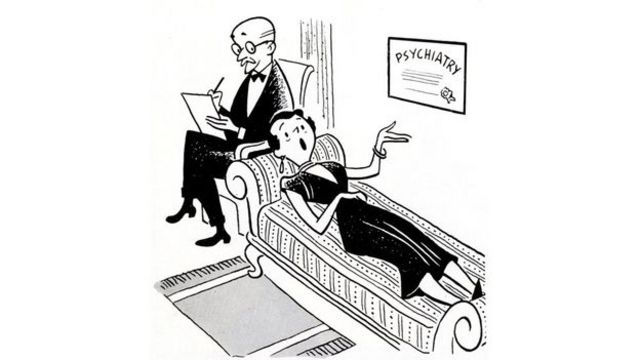5 BIG Things to Consider When Finding the Best Counselor
- wayfindercounselin
- Sep 24, 2025
- 2 min read
Updated: Oct 2, 2025
1. What do you need?
Know what you are seeking from a therapist. Sometimes people know exactly what they WANT to address, not knowing that there is one or a few other underlying issues that also NEED to be addressed. Having an idea of what you need/want to achieve, gain, learn, work through, unpack, pursue, or even step away from helps you and the counselor plot a course for therapy moving forward. [This can be where goal setting happens].

2. What type of therapy does the counselor practice?
In the counseling field, we identify some counselors by the "theoretical modality(ies)" that they practice. Or, in Lamen's terms, the type of therapy they provide. Many therapists use Cognitive Behavioral Therapy (CBT). However, Rational Emotive Behavioral Therapy (REBT), Motivational Interviewing (MI), Reality Therapy, Gestalt Therapy, Existential Therapy, Play Therapy, Art Therapy, Narrative Therapy, etc., are all good theoretical perspectives that work well with certain types of diagnoses. Remember, there isn't a "one-size-fits-all" solution to this.
3. What kind of counselor are they?
Sometimes the counselor will have their faith listed, and others won't. If you feel it matters, try finding a therapist/counselor who checks the boxes on your preferences. And then some people just need someone to talk to, who will be empathic, non-judgmental, and able to provide objective feedback and insight. These people tend not to care what kind of counselor they are.
4. Demographics.
Sometimes clients like to have a therapist who is the same gender, in the same age range, has the same faith, or is the same race/nationality/culture. While these factors do not apply to all, some may not care if their counselor is the same as them on any of these factors. But if these are important to you, find out.
5. Therapy is an investment.
Obviously, we all have finances that we have to consider in life. And, we all have our priorities. If your mental health is a priority (which it should be for all of us), then you might need to budget the time and money to be able to work on yourself in therapy. You may not get your money back, but your investment will be the return of mental clarity, peace, healing, guidance, or simply comfort. These things, to people who can't find them, are priceless. there is no monetary price you can put on peace. Yes, sometimes counseling can be expensive. But ask someone who has seen peace after years of turmoil if the cost of counseling was worth what they got in return. Some people think they have to attend counseling weekly. While that is preferred, so that you can see steady growth, change, and transformation, most counselors have availabilities every other week, monthly, etc. Also, some counselors provide sliding scales, military/first responder discounts, teacher discounts, and occasionally pro bono (free of charge). You will never know until you ask.
I hope these tidbits help you AS (not if) you invest in your future, your friends' future with you, & your kids' future with you. I hope that you will soon see the benefits of counseling. Best of luck on your journey in finding the best counselor.




Comments